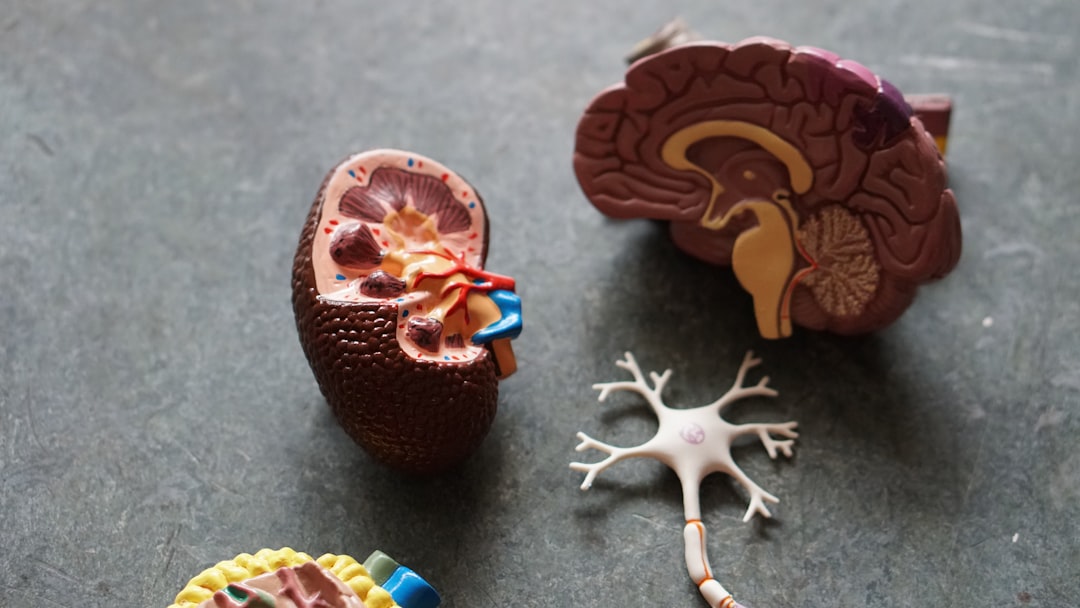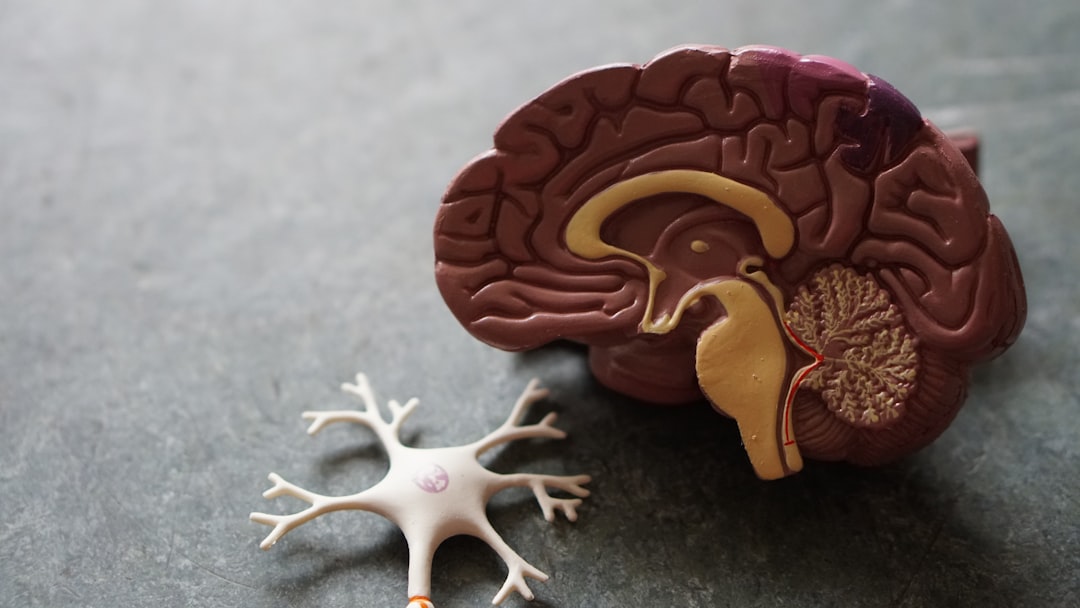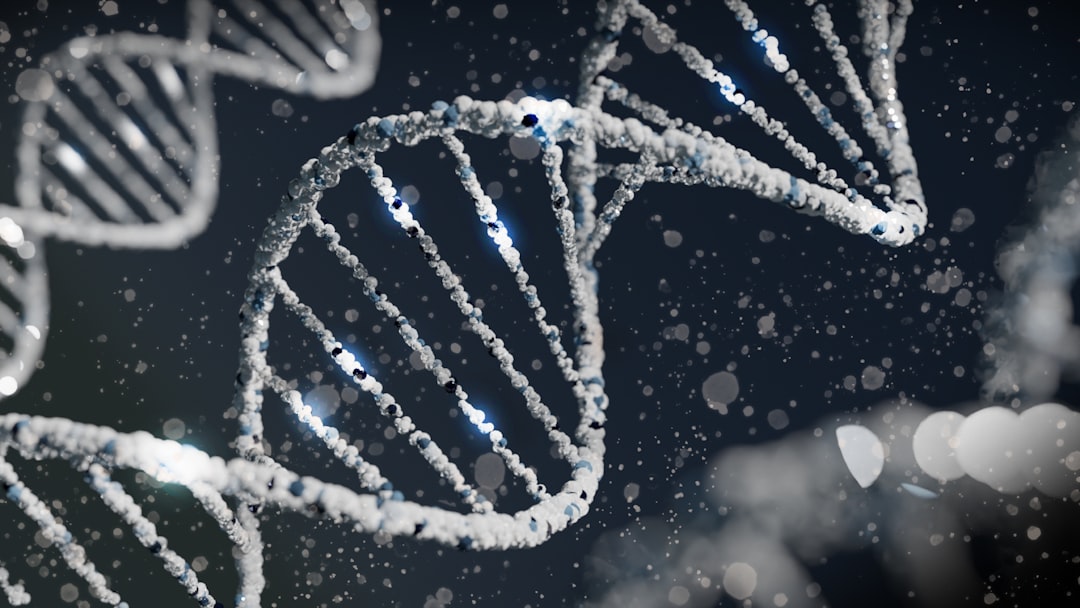What is it about?
It is a commonplace observation that as we age we get “stuck in our ways”. Is this observation based in biology? Learning occurs when neurons—or, brain cells—wire together. We may update such learning either by a process of unwiring, or by learning something new. Here we show that with age, we have greater difficulty with updating our learning, and identify a biological basis for this difficulty.
Featured Image

Photo by Ross Findon on Unsplash
Why is it important?
While stubbornness can be endearing, the process of updating our learning is as important as learning itself. Disorders like post-traumatic stress disorder for instance may reflect, in part, an inability to update learning. By understanding the brain-based mechanisms of this inability, we may be able to better treat it when it becomes problematic.
Perspectives
We are very pleased to suggest a potential molecular target to improve cognitive function with age, which is critical for both learning and unlearning processes. We hope this may help pave the way for future research concerned with this important topic.
Qi Yuan
Memorial University of Newfoundland
Read the Original
This page is a summary of: Olfactory threat extinction in the piriform cortex: An age-dependent employment of NMDA receptor-dependent long-term depression, Proceedings of the National Academy of Sciences, October 2023, Proceedings of the National Academy of Sciences,
DOI: 10.1073/pnas.2309986120.
You can read the full text:
Contributors
The following have contributed to this page










